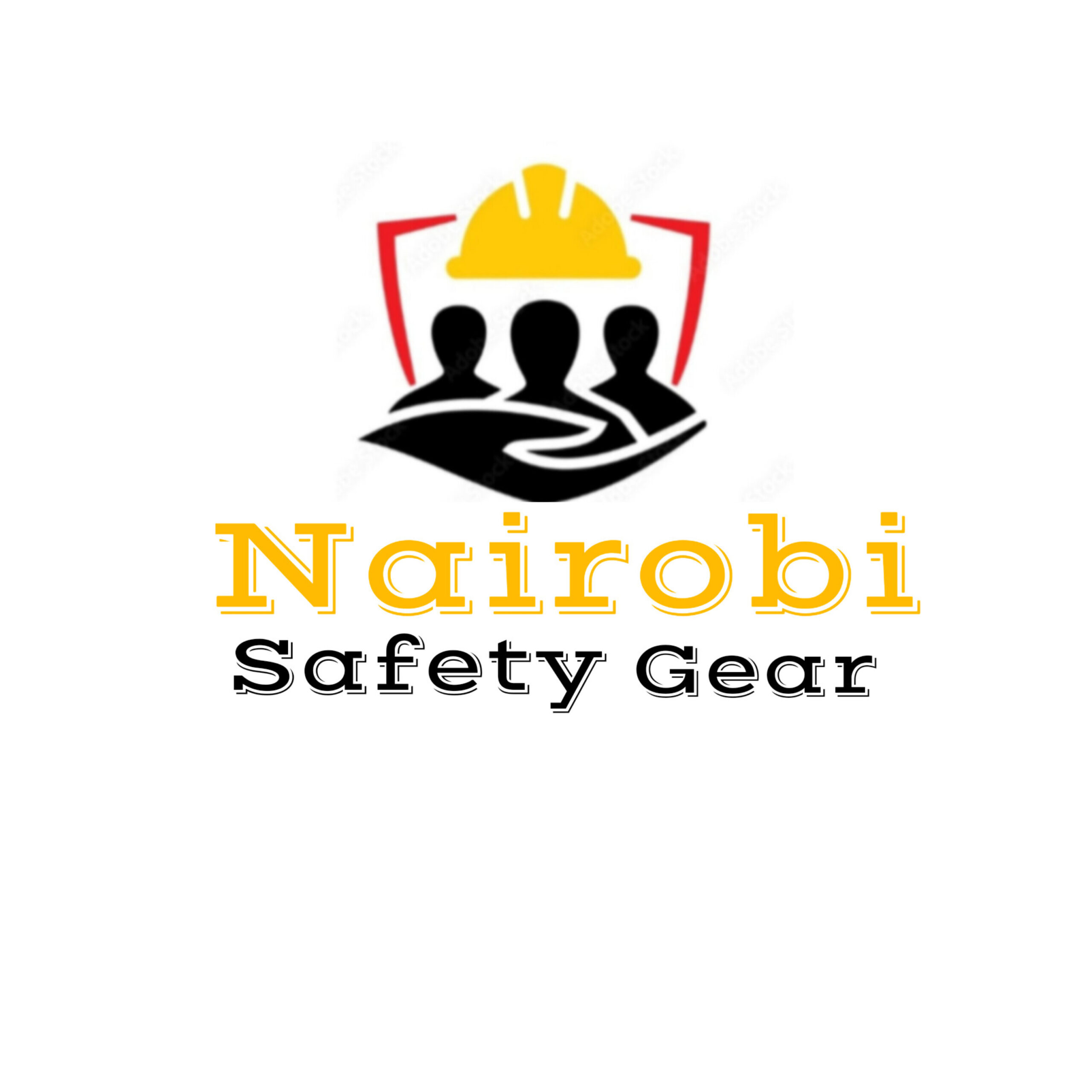Introduction:
In Kenya, as in many countries, workplace safety is a critical concern that must be addressed to ensure the well-being of employees across various industries. When it comes to safeguarding workers’ heads from potential hazards and minimizing the risk of severe head injuries, safety helmets emerge as an essential piece of personal protective equipment (PPE). In this article, we will explore the importance of safety helmets in Kenya and how they contribute to preserving lives and promoting a culture of workplace safety.
Preserving Life and Preventing Injuries:
In industries such as construction, manufacturing, mining, and transportation, workers face a multitude of hazards that can lead to life-altering head injuries. Falling objects, debris, impact from machinery, and electrical hazards are just a few examples of the dangers that can be encountered on the job. Safety helmets serve as a vital defense, significantly reducing the risk of severe head trauma and potentially saving lives.
Impact Absorption: Safety helmets are specifically designed to absorb and distribute the force of an impact, minimizing the chances of a head injury. They are constructed with an inner suspension system that cushions and absorbs shocks, safeguarding the skull and brain from severe damage in the event of a fall or collision.
Protection from Falling Objects: In industries where workers operate beneath elevated platforms or work alongside overhead machinery, the risk of falling objects is a constant concern. Safety helmets with a hard outer shell provide a protective barrier against falling debris, tools, or equipment, greatly reducing the likelihood of head injuries.
Electrical Hazard Protection: For workers in the electrical and power sectors, safety helmets with additional insulation properties are crucial. These helmets are designed to provide protection against electrical shocks and arc flashes, ensuring the safety of workers operating in proximity to live electrical equipment.
Promoting Compliance with Safety Regulations:
In Kenya, the Occupational Safety and Health Act (OSHA) sets standards and regulations to promote workplace safety. These regulations require employers to provide appropriate PPE, including safety helmets, to workers in hazardous environments. Compliance with these regulations not only helps protect workers but also demonstrates a commitment to ensuring their well-being.
Customization and Comfort:
Safety helmets in Kenya are available in various designs and styles to meet specific industry requirements and personal preferences. They can be customized with additional features such as face shields, ear protection, and reflective strips for enhanced visibility. Furthermore, modern safety helmets prioritize comfort, with adjustable suspension systems, sweat-absorbent padding, and adequate ventilation to minimize discomfort during long work hours.
Education and Training:
In addition to providing safety helmets, employers must prioritize education and training programs to ensure their proper usage and maintenance. Workers should be educated on the importance of wearing safety helmets at all times, instructed on proper fitting and adjustment, and trained on recognizing helmet damage or expiration to ensure their ongoing effectiveness.
Conclusion:
Safety helmets are an indispensable element in ensuring workplace safety in Kenya. By providing protection against head injuries, they play a crucial role in preserving lives and minimizing the impact of workplace accidents. Employers must prioritize the provision of high-quality safety helmets that meet relevant safety standards, while workers must understand the significance of wearing helmets consistently as part of their commitment to personal safety.
Ultimately, the use of safety helmets not only safeguards individuals but also contributes to a culture of safety and well-being in the workplace. Let us strive to prioritize the protection of heads, reduce the risk of severe injuries, and build safer working environments across Kenya.

